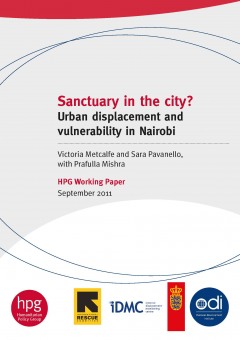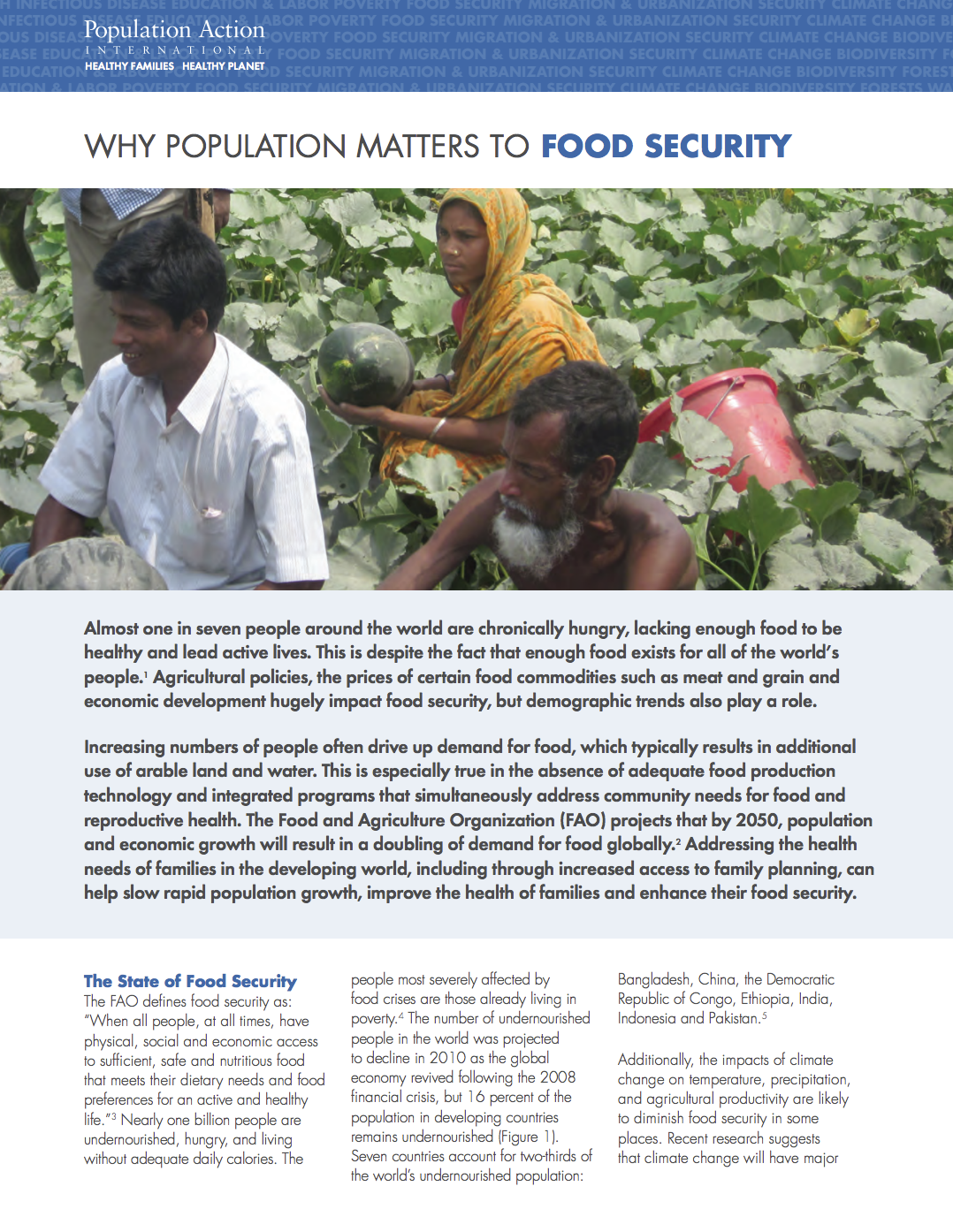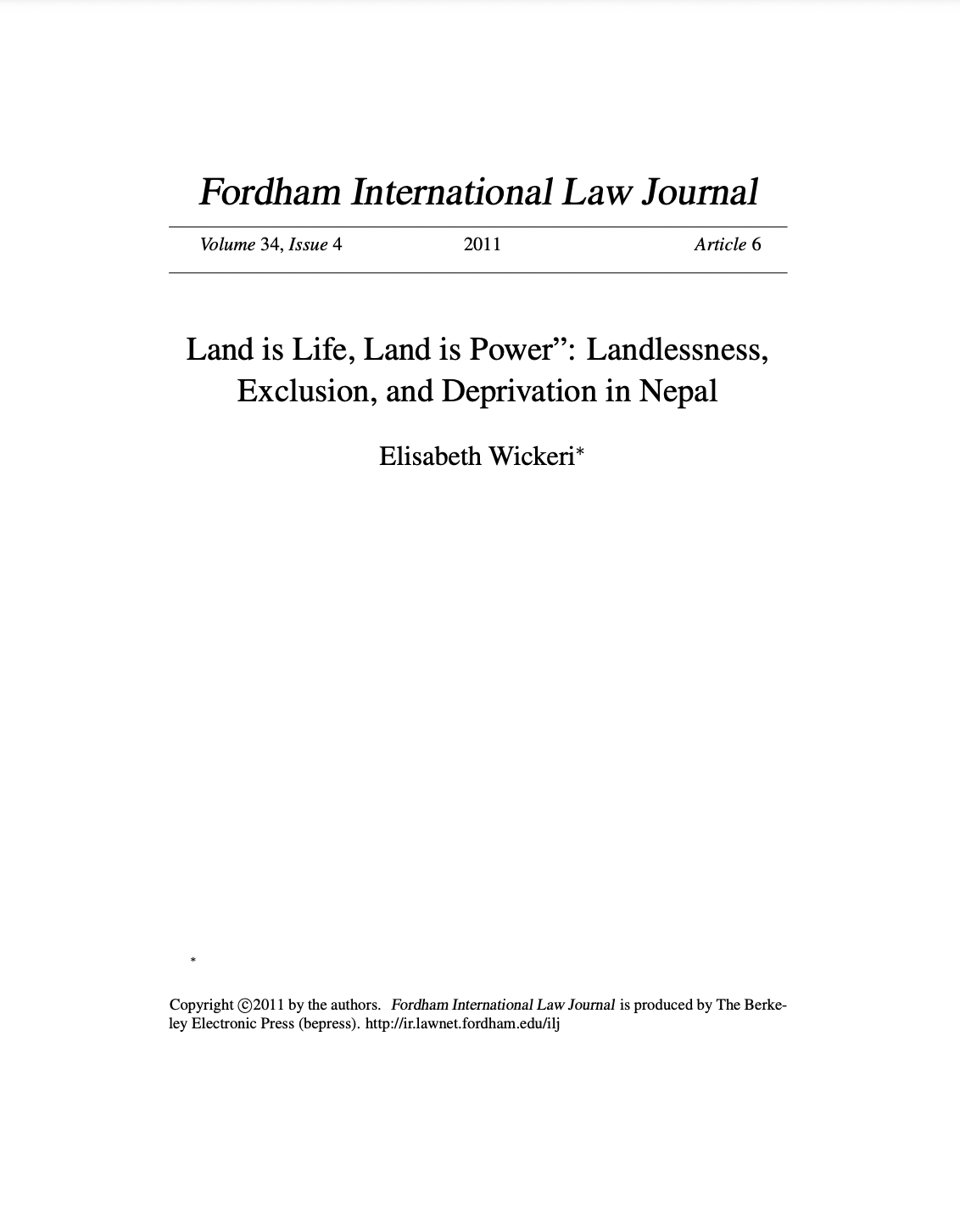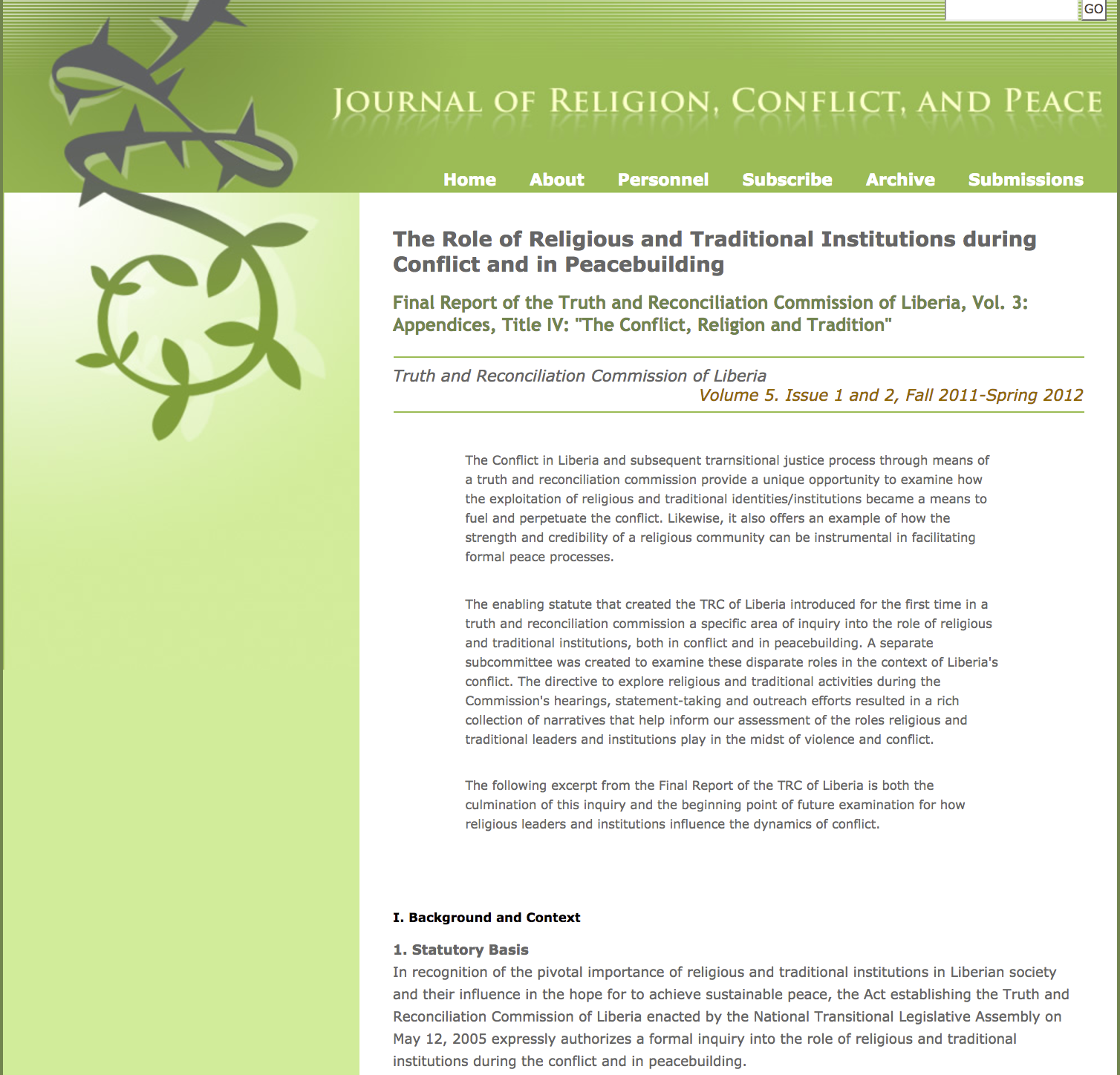Sanctuary in the city?
n recent decades, many cities and towns around the world have seen dramatic population growth, with significant inflows from rural areas. People forcibly displaced by armed conflict, violence or natural disasters have moved to urban areas in search of greater security, better access to basic services and greater economic opportunities.









